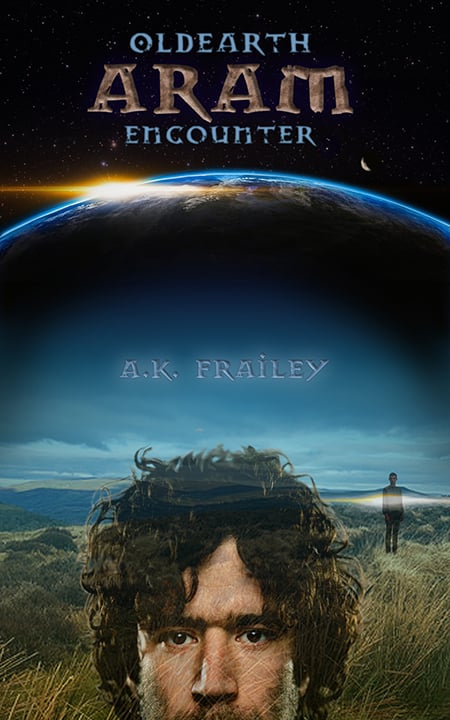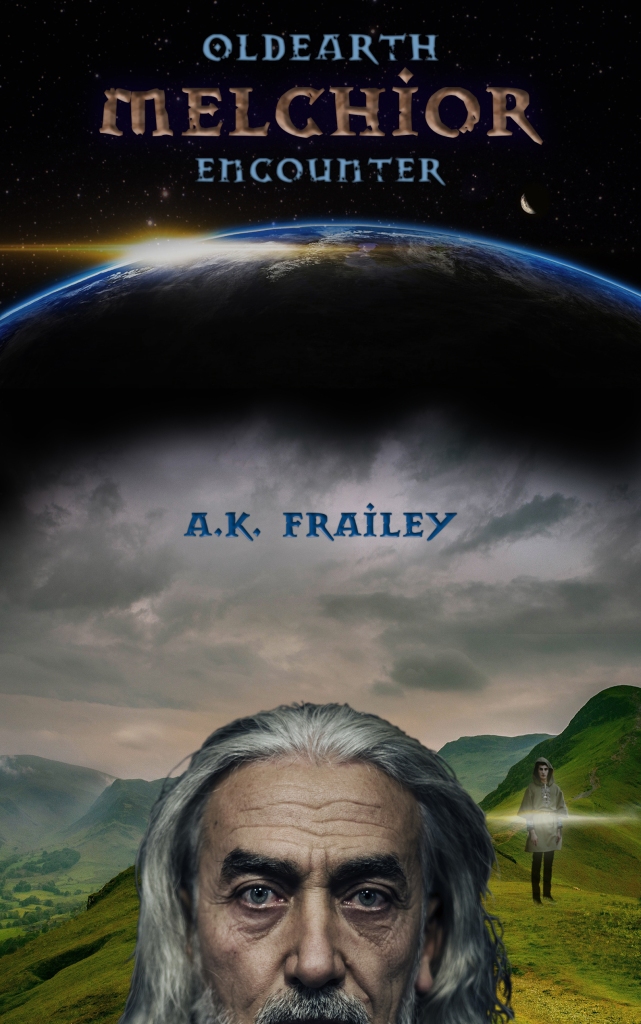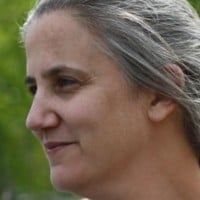
Ann K. Frailey contemplates what fiction writing has taught her about eternal truths.
Fiction reveals truth that reality obscures. (Ralph Waldo Emerson)
Ten years ago, I had eight young kids, my mother had passed away, I had distant relationships with my brothers and sisters, barely knew my father, and my husband was suffering from leukemia. To say that I needed to plow through obscure realities to find truth would be accurate, indeed.
Emerson’s quote reveals something of his own search for deeper spirituality after dealing with his wife’s death and life’s hard blows. Apparently, there has always been plenty of “obscured reality” to go around.
I followed Emerson’s instinct, if not his spiritual formula, in that I turned to fiction, writing a series of five books, to help me take the wide view of things, starting at the time before Abraham’s Covenant in the land of Ur and following humanity’s relationship with God through our travails toward Eternal hope right into the medieval era. I wanted a close-up look at how humanity might discover a relationship with God as our personal Creator in a world that routinely sacrificed to gods of power and position. Some brave souls taught our forebearers that despite dark and dreadful experiences, wonderful possibilities in God’s grace existed. I, too, needed to understand what hope in the face of painful real-life looked like.

I originally wrote a historical fiction world involving Aram, Ishtar, and Neb to trace one family line as characters faced evil and discovered the price of free will. Later, I jumped a few centuries and wrote a story based on Georgios, a young man in the first century trying to find his Roman father, only to discover that his inheritance was Jewish but his heart was Christian. I followed the family line into the story of Melchior, a widower who struggled to hold his family together after the Romans left Britain in the fifth century.
Writing the original five books gave me a mountaintop view of humanity’s relationship with God. We have always struggled with pain, loss, and obscure reality. As God shared his strength and endurance with our ancestors who called upon Him, so I could stand with my human family and believe in His grace and goodness. Trusting in His almighty power gave me the strength I needed when my husband passed away soon after I finished the series.
In 2016, I realized that my writing needed to improve if I ever hoped to be any good at my craft. I went for a master's degree in creative writing and learned a great deal. I also decided to rewrite my historical fiction books to include the wider universe. After shoring up the foundation of my life, I was finally ready to look forward—to my unfolding life, my kids’ expanding worlds, and humanity’s reach into the outer universe. Science fiction offered me a wide lens to consider the human race and how we might look to beings beyond Earth’s boundaries. This viewpoint allowed me to accept responsibility as a single member of the human but also as part of a human family who will be judged both as individuals and as a race of beings by the God who made us all.
I changed the titles to incorporate my larger perspective using OldEarth to differentiate from the Newearth world I was just starting to create. I also added the end title Encounter to hint at the sci-fi aspects. I rewrote each storyline for a sharper focus and better visualization. Ellen Gable Hrkach and her husband helped me with interior design and matching covers. I just published the last book, OldEarth Melchior Encounter, and it has been blessed with several positive reviews so far.

Emerson was right: fiction does reveal truth that reality obscures. I found human endurance, courage, decency, honor, faith, generosity, passion, and love in fictional characters, reflecting what I also discovered in real people around me through these last ten years.
God, like good fiction, offers truth to those willing to plow through obscurity and see.
Copyright 2022 Ann K. Frailey
Image: Canva Pro
About the Author

Ann K. Frailey
As a teacher with a degree in Elementary Education who has taught in big cities and small towns, Ann Frailey homeschooled all of her children. She manages her rural homestead with her kids and their numerous critters. She writes books and a Friday blog alternating between short stories and her My Road Goes Ever On series. Put Your Mind in a Better Place—Entertainment for Life: AKFrailey.com.


.png?width=1806&height=731&name=CatholicMom_hcfm_logo1_pos_871c_2728c%20(002).png)
Comments